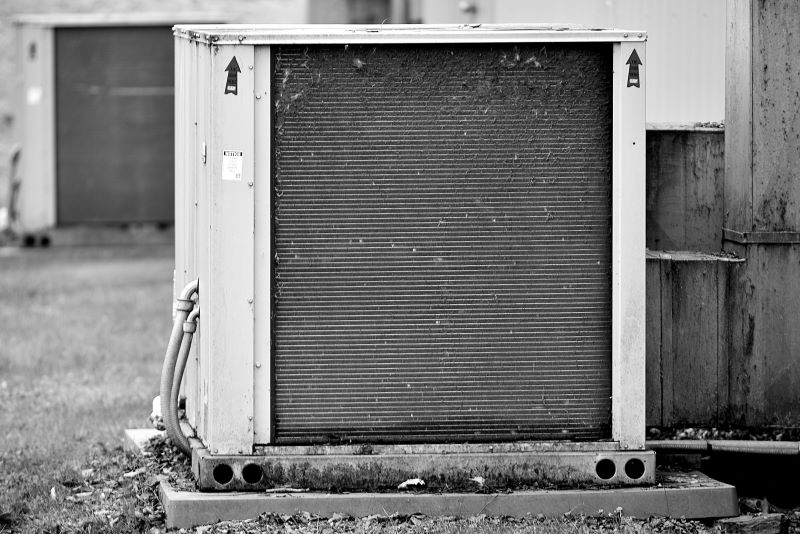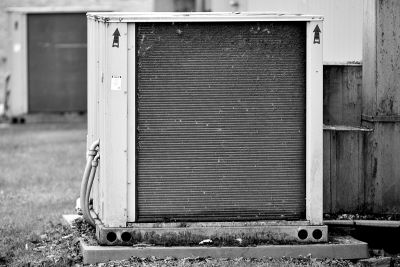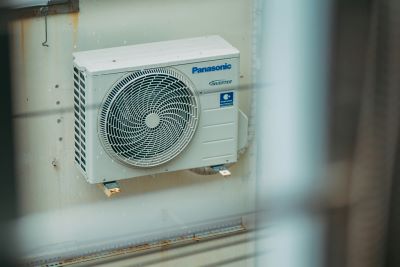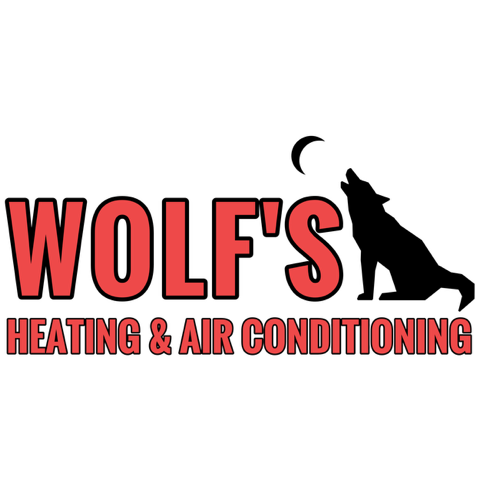
27 Nov Preparing Your HVAC System for Winter: Essential Maintenance Tips
As the colder months approach, ensuring that your HVAC system is properly prepared for winter is essential. A well-maintained HVAC system not only keeps your home comfortable but also helps prevent unexpected breakdowns and reduces energy costs. This comprehensive guide outlines the steps to take for preparing your HVAC system for winter, along with expert tips on what to check, replace, and clean to ensure efficient performance throughout the season.

Importance of HVAC Maintenance Before Winter
Why HVAC Maintenance is Essential for Winter
Before the temperatures drop, it’s vital to give your HVAC system a little attention. An HVAC system that is well-maintained can save you from the hassle of breakdowns and help you stay comfortable during the harsh winter months. By taking proactive steps to inspect and service your system, you’ll also improve its lifespan, enhance its efficiency, and reduce the risk of costly repairs.
Benefits of Regular HVAC System Checks
Regular HVAC maintenance provides several benefits, including improved energy efficiency, increased system lifespan, and better indoor air quality. A well-functioning HVAC system will help you avoid emergency repairs, extend the life of your furnace or heat pump, and save on energy bills. Moreover, a pre-winter inspection will help you spot any issues before they become major problems.
Choosing the Right Air Filter for Winter
When selecting an air filter for winter, choose one that matches your HVAC system’s requirements. Look for a filter with a higher Minimum Efficiency Reporting Value (MERV) rating. A MERV rating of 8-13 is ideal for trapping dust, dirt, and other particles without restricting airflow too much. Make sure to replace the filter every 1-3 months for optimal performance.
Benefits of Smart Thermostats in Winter
How Smart Thermostats Improve HVAC Performance
Smart thermostats can optimize your home’s heating by adjusting the temperature based on your habits and preferences. These devices can learn when you’re home or away and adjust the temperature accordingly, saving energy when you don’t need it. They also allow you to control your HVAC system remotely, giving you full control over your home’s temperature at all times.
Programming Smart Thermostats for Maximum Efficiency
Set your smart thermostat to lower the temperature when you’re asleep or away from home, and raise it just before you return. This can prevent your system from running unnecessarily while saving energy and ensuring that your home is warm when you need it most.
Troubleshooting Common HVAC Problems Before Winter
Identifying and Addressing Furnace Short-Cycling
Furnace short-cycling occurs when the furnace turns on and off repeatedly without running for a full heating cycle. This can be caused by a number of issues, including a clogged filter, faulty thermostat, or an overheating furnace. If you notice your system is short-cycling, it’s best to call a professional to diagnose and fix the issue.
Recognizing Unusual Noises from HVAC Systems
Unusual noises coming from your HVAC system, such as banging, rattling, or squealing, could indicate mechanical problems. These sounds often point to loose parts, damaged components, or airflow issues. Ignoring these sounds can lead to further damage, so it’s important to have the system checked promptly.
When to Call an HVAC Professional
Signs that Indicate Professional HVAC Assistance is Needed
If you notice issues like strange noises, insufficient heating, or a sudden increase in energy bills, it may be time to call an HVAC professional. A technician can conduct a thorough inspection and repair any issues before they escalate into larger problems.
The Importance of Annual HVAC Inspections
What to Expect During a Professional HVAC Inspection
During an annual HVAC inspection, a technician will examine your entire system, from the furnace and air ducts to the thermostat and filter. They will look for any signs of wear and tear and perform necessary maintenance, ensuring that your system is ready for the winter season.
How Annual Inspections Prevent Costly Repairs
Regular inspections help catch potential problems early, saving you from expensive repairs or system replacements later. By investing in annual maintenance, you increase the lifespan of your HVAC system and avoid emergency repairs.
Preparing Your HVAC System for Extreme Winter Weather
Tips for Winterizing Your HVAC System in Cold Climates
In colder regions, your HVAC system must be winterized to avoid freezing and damage. Make sure that all outdoor components are insulated and protected from the elements. Consider using a cover for your outdoor unit to protect it from snow and ice buildup.
Ensuring Proper Ventilation for Safe Operation
Ensure that your system has adequate ventilation to prevent dangerous gas buildup. Blocked or clogged vents can cause furnace malfunctions and increase the risk of carbon monoxide leaks. Check vents regularly and clear any debris.
Energy Efficiency Tips for Winter HVAC Operation
Ways to Improve HVAC Energy Efficiency During Winter
Seal gaps around windows and doors to prevent warm air from escaping. You can also use weatherstripping or caulk to block drafts. These small steps can lead to significant savings on your energy bill.
Benefits of Sealing Leaks Around Windows and Doors
By sealing leaks, you ensure that the heat generated by your HVAC system stays inside, reducing the need for your furnace to run constantly. This can result in lower heating costs and a more comfortable indoor environment.
Eco-Friendly HVAC Practices for Winter
Incorporating Sustainable Heating Solutions
Consider upgrading to an energy-efficient heat pump or a more eco-friendly furnace model. These systems use less energy and reduce your carbon footprint, making them a great option for environmentally-conscious homeowners.
Maintaining HVAC System Performance Throughout Winter
Regular Maintenance Practices for Peak Performance
Continue to replace filters, clean vents, and schedule routine inspections throughout the winter months to ensure that your system runs smoothly. Regular maintenance will help you avoid major repairs and keep your home warm and comfortable.

FAQ – Frequently Asked Questions About Winter HVAC Maintenance
How often should I replace my air filters during winter?
You should replace your air filters every 1-3 months, depending on the type of filter and how often your HVAC system runs.
How can I tell if my furnace needs repair?
Look out for issues like strange noises, inconsistent heating, or an increase in energy costs. These could signal the need for professional repair.
Is it necessary to hire a professional to inspect my HVAC system?
While some maintenance tasks can be done yourself, hiring a professional for an annual inspection ensures that your system is thoroughly checked and functioning optimally.
Can a smart thermostat save me money during winter?
Yes, a smart thermostat can save you money by adjusting the temperature based on your schedule, preventing energy waste.
What is furnace short-cycling, and how do I fix it?
Short-cycling occurs when your furnace turns on and off too frequently. This can be caused by issues like a dirty filter or a malfunctioning thermostat. It’s best to have a technician address this problem.
Why is home insulation important for HVAC efficiency?
Insulation helps to retain heat in your home, reducing the workload on your HVAC system and improving energy efficiency.
In Conclusion: Getting Ready for Winter HVAC Success
By following these essential maintenance tips, you can ensure that your HVAC system is prepared for the winter season. Regular inspections, cleaning, and upgrades will help your system run efficiently, keeping your home warm and your energy bills low. Be proactive and make sure to schedule your winter HVAC checkup well before the cold weather hits.


Sorry, the comment form is closed at this time.